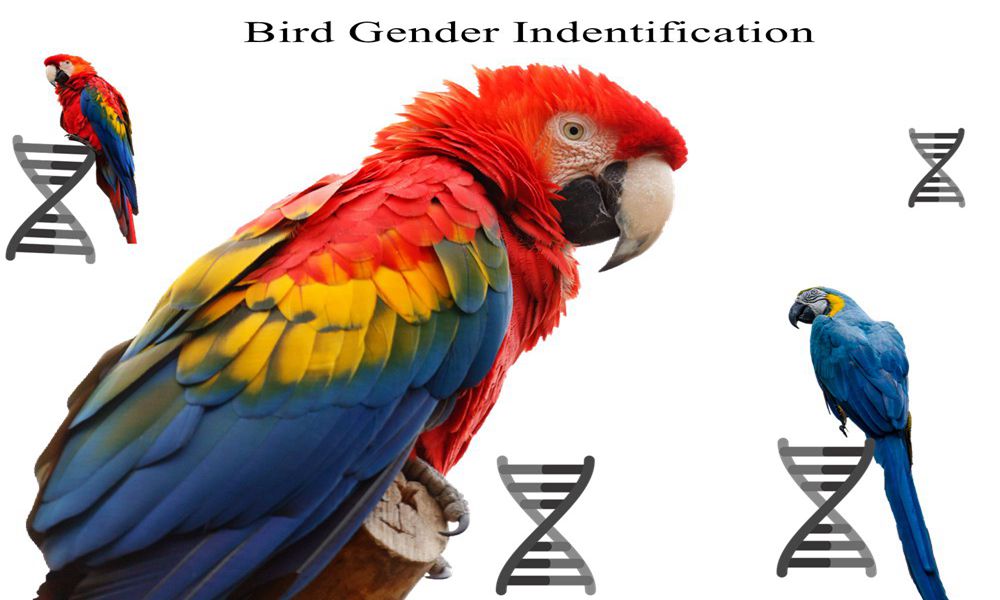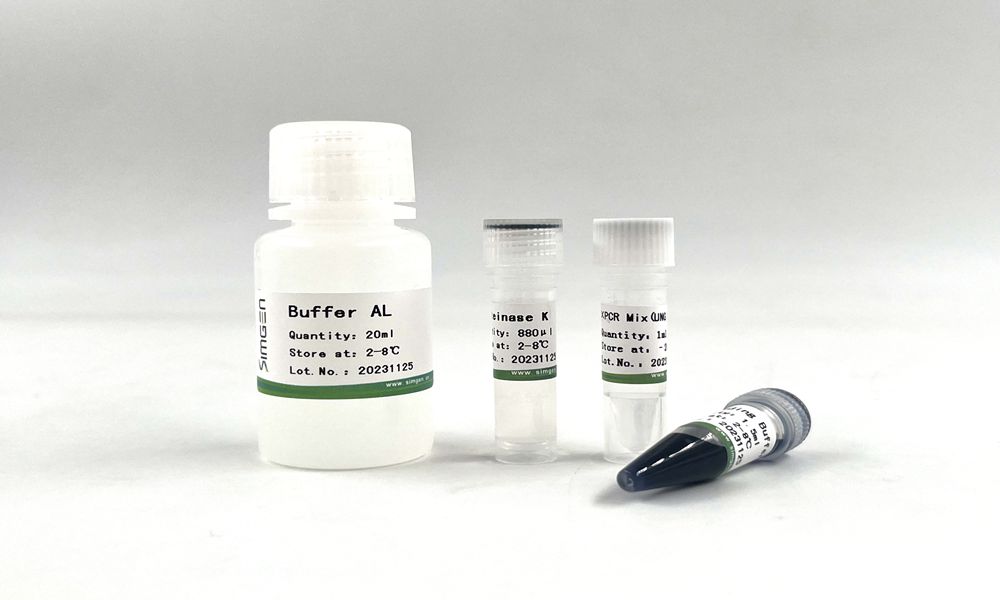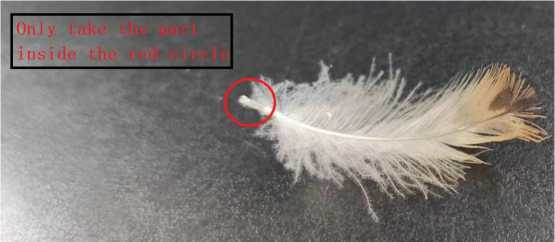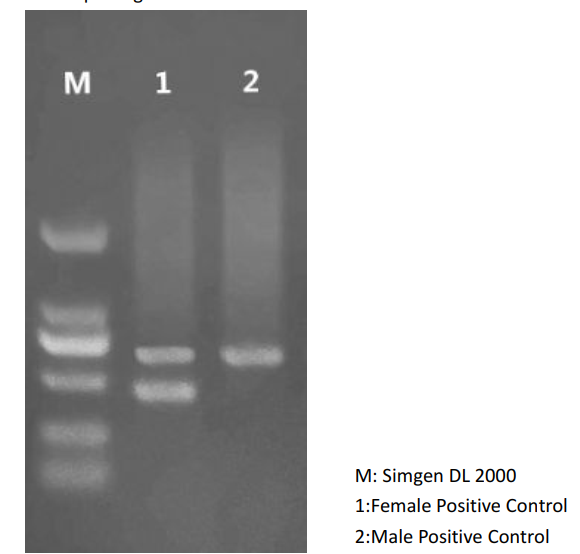How to use our kits to do Bird Sex/Gender Identification ?
December 22, 2023
Lots of Bird DNA lab love our Tissue Direct PCR Kit-UNG to do the bird gender identification which is so quick and easy , and no need to buy the DNA extraction kit ,which can save our customer cost and time , today I will share youour strengthen kit Animal Tissue Direct PCR Kit-UNG , hope can help you.

Animal Tissue Direct PCR Kit-UNG
Composition
Animal Tissue Direct PCR Kit-UNG Cat. No. | 200 Preps DP100100 | 500 Preps DP100101 | 2000 Preps DP100102 |
Buffer AL | 20 ml | 50 ml | 100 ml×2 |
Proteinase K | 880 μl | 1.1 ml×2 | 8.8 ml |
6×Loading Buffer | 1.5 ml | 1.5 ml | 1.5 ml×4 |
2×PCR Mix (UNG plus) | 1 ml×2 | 1.7 ml×3 | 1.7 ml×12 |
Instructions | 1 | 1 | 1 |

Introduction
Animal Tissue Direct PCR Kit-UNG uses a unique lysis buffer system to quickly release genomic DNA from animal tissue samples for PCR, it is particularly suitable for large-scale genetic testing.The process of releasing genomic DNA from the lysis buffer is completed within 10-30 min at 65℃. No other processes such as protein and RNA removal are required, and the released trace DNA can be used as a template for PCR.
2×PCR Mix (UNG plus) uses dUTP instead of dTTP on the basis of 2×PCR Mix, and adds UNG (Uracil-N-glycosylase) that can degrade the template containing dUTP at the same time. Before the PCR reaction, the UNG is used to degrade the PCR product containing uracil. The UNG will not have any effect on the template that does not contain uracil, thereby ensuring the specificity and accuracy of amplification and preventing the possibility of PCR products contamination during large-scale gene detection.
Protocol
1. Add 100 μl of Buffer AL and 4 μl of Proteinase K to a 1.5 ml microcentrifuge tube, vortex gently to mix.
2. Cut two feather roots into the above 1.5 ml microcentrifuge tube, and vortex gently to mix.(shown below)
3. Incubate at 65℃ for 10-30 min, then treat at 95℃ for 5 min.
4. Centrifuge at 12,000 rpm (~13,400×g) for 5 min.
5. Transfer the supernatant to a new 1.5 ml microcentrifuge tube and store at 4℃ or -20℃ for later use or directly for PCR amplification.
1. Add the corresponding 2×PCR Mix (UNG plus) and specific primers to PCR tube for use.
2. Take an appropriate amount of the lysis mixture processed in step A and add it to the PCR
system prepared above (See Table 1 for system preparation).
3. Carry out the PCR reaction according to the optimized PCR conditions (annealing temperature, etc.) (See the following table 2 for the reaction conditions).

Table 1:PCR reaction system preparation
PCR system adding content | Volume |
2×PCR Mix (UNG plus) | 10μl |
Forward Primer (10 μM) | 0.5 μl |
Reverse Primer (10 μM) | 0.5 μl |
Lysate (DNA Template) | 2 μl |
ddH2O (Sterilized distilled water) | 7 μl |
Total Volume | 20 μl |
c Agarose gel electrophoresis test
Add 5 μl of PCR products and 1 μl of 6×Loading Buffer to a PCR tube, gently to mix. And then detect on the 2% agarose gel electrophores
D. Experiment Result

It is just for science Research only , you can adjust the dosage according to your samples .
